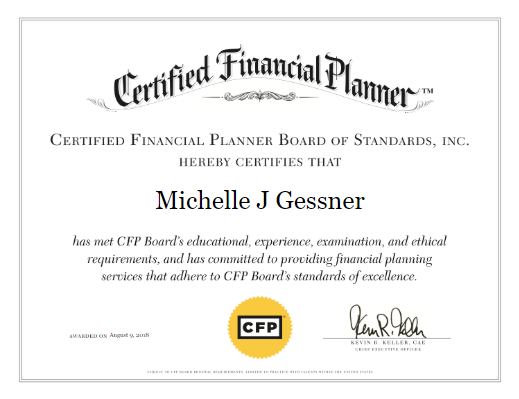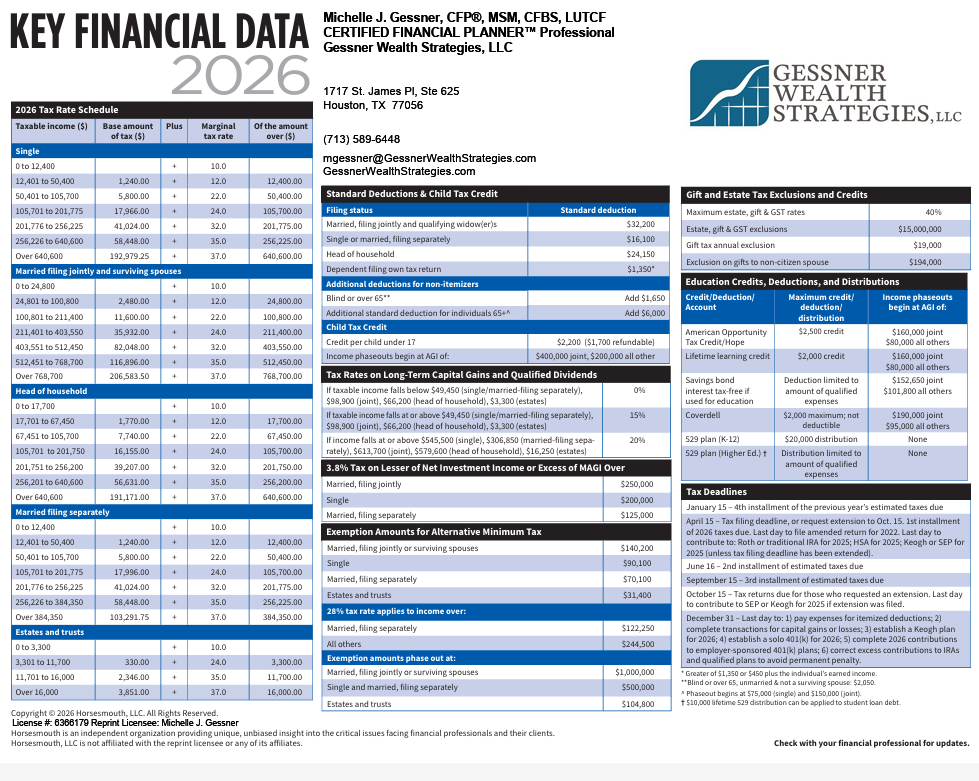We hear it often. “Buy real estate as a great investment for your money.” Is that good advice? Let’s take a look at some of the considerations.
Taxes and Toilets. Unfortunately, the rental income you receive from your tenant is offset by a lot of expenses that you must remember to factor into the equation. Rental income is subject to ordinary income tax, so of course not all of the income will be yours to keep. But what about homeowner’s insurance, which in many states is astronomically high because of the recent incidence of hurricanes, hail, flooding, massive forest fires, and other natural disasters that may not have affected your property but have increased your rates. Then, there is property tax and homeowner’s association fees which of course you continue to be responsible for paying. On top of these things, you also have to worry about repairs and maintenance – the toilet that backs up, trash that your tenant leaves, the air conditioning that needs replacement, the roof that requires fixing, or the pipes that freeze and burst. Repair and maintenance expenses will be deductible against your rental income to help with the taxes due on that income, but they still must come out of your pocket and they reduce your rate of return.
Tenants and Trash. Provided that you find a good tenant, there is turnover and the time and expense of finding a new tenant when the old one moves out. Advertising, taking the calls, and showing the property can be done yourself to avoid paying a rental commission to a realtor, or you can hire a realtor to take these responsibilities off your hands. If you hire a realtor, the commission must be paid and that offsets at least one month of rental income. However, there’s another consideration to remember: the realtor is probably not going to be in a big hurry to show and rent out your property for such a small commission so your property may sit for a while, bringing you no income for a month, two, or even three. In fact, the realtor may actually have an incentive to let your property sit for as long as they can to rack up a list of prospects they might be able to use for showings of other properties – even properties for sale that will make them a much larger commission than your rental property.
If you have a bad tenant, then you must worry about damage to your property which may or may not be sufficiently offset by the deposit that your tenant is required to give you. Perhaps they don’t damage the property but they really don’t take care of it either and there is a lot of wear and tear that costs you quite a bit of money to fix once they move out or the proverbial trash to clean up. Even if they do take care of the property, the wear and tear will require some upkeep like new carpeting or new paint or some upgrades to keep up with the market conditions. What if the tenant that checks out great on the credit and background report that was run, but they are either late with the rent on a regular basis or they stop paying altogether due to a lost job? Then you must try to evict, and that is a headache to say the least.
Return on Your Investment. Some people may speculate that real estate produces a good return on your investment because it is an appreciating asset. After deducting a 6% real estate commission at the time the property is sold, even with an appreciation rate of 3% over 5 years and an above average rate of rent received, because of the offset of property taxes, homeowner’s insurance, and some upkeep expense, the return is very likely not much more than 4%. Even real estate professionals with a lot of experience in the real estate market find that they do not come out ahead too often. Compare that to a professionally managed stock market investment that is fully diversified. Depending upon the stocks-to-bonds allocation used, it would not be uncommon to see a 7-8% net return after fees over a period of 5-10 years. With a lot less headache.
Liquidity. If you need the money for your property and wish to sell, it is not an overnight process. You may have to wait a while to sell your property or sink some money into the property to compete with the market. Then, there is the unexpected – the hurricane that hits your area, the flooding that comes your way, the recession that strikes your city, or a variety of other worries that soften the real estate market around you. Could market volatility cause the same ups and downs with your market investment? Yes, but the point is, you are not immune from these things with real estate.
What is the answer to investing in real estate? Make sure that your real estate holding is part of an overall diversified strategy. Real estate is one asset class that along with other asset classes can be part of a well-diversified portfolio. If you want to keep rental property, make sure it does not occupy more than 10% of your liquid net worth. If you would like to keep real estate in your portfolio but want a diversified, professionally managed set of properties without the hassles, consider a Real Estate Investment Trust (or REIT), which is an investment traded on the market. Just make sure the REIT is liquid.
Real estate is a good asset class that protects against inflation. Just make sure to understand all the issues with real estate and run the math with all associated costs and contingencies and a good dose of realism before making your investment.
— Michelle Gessner, CFP®



